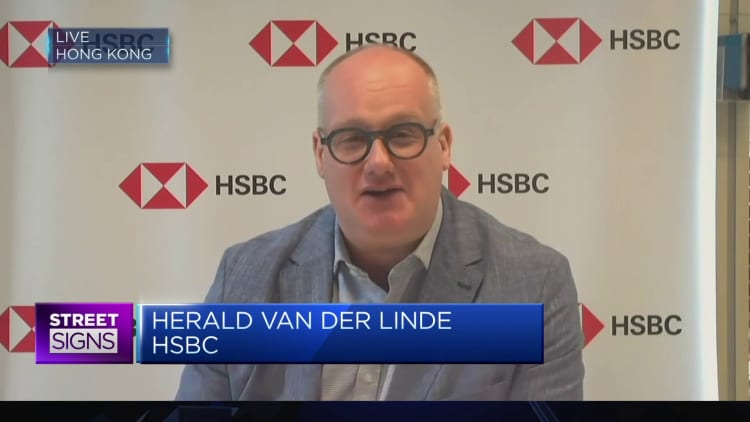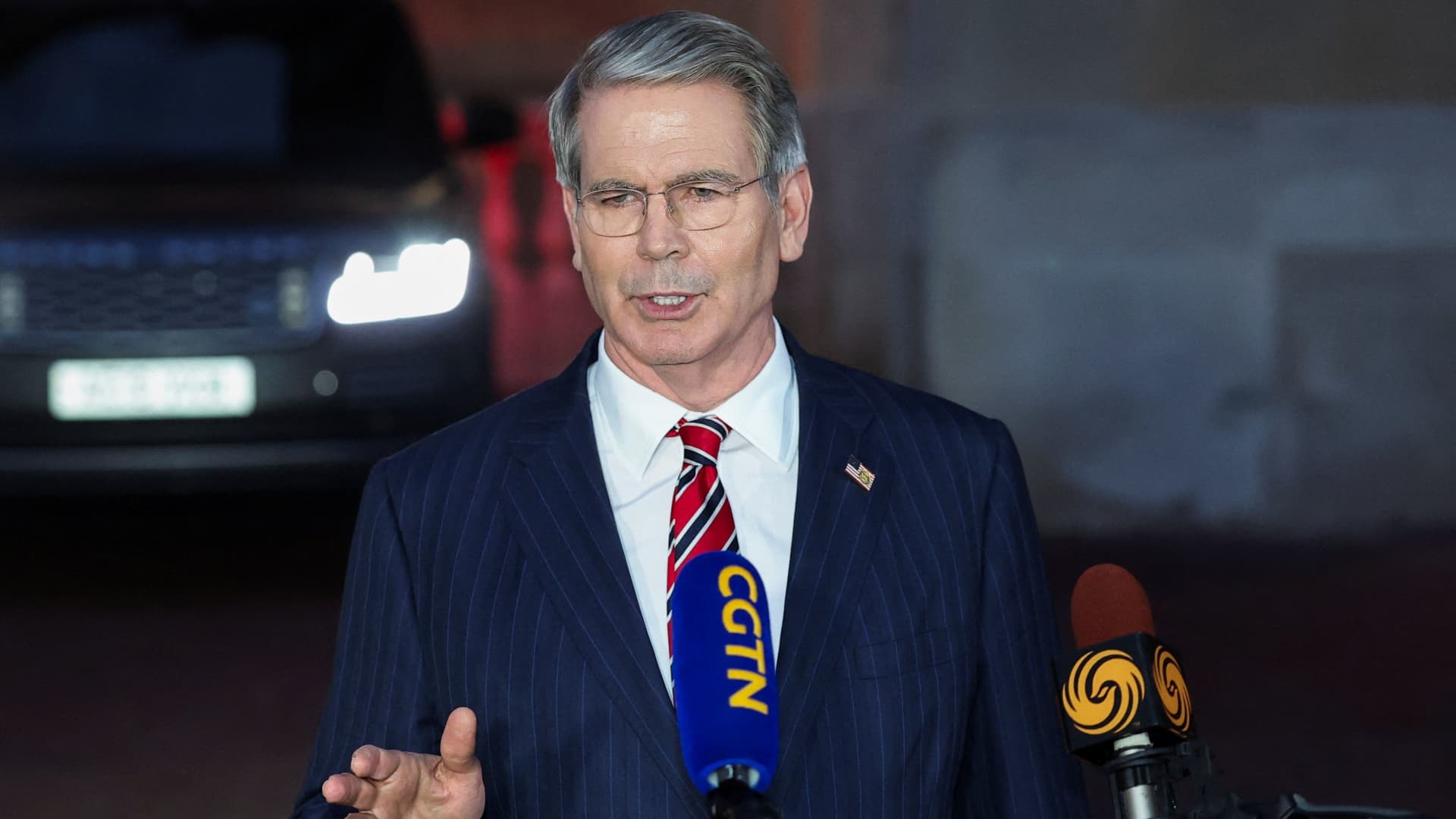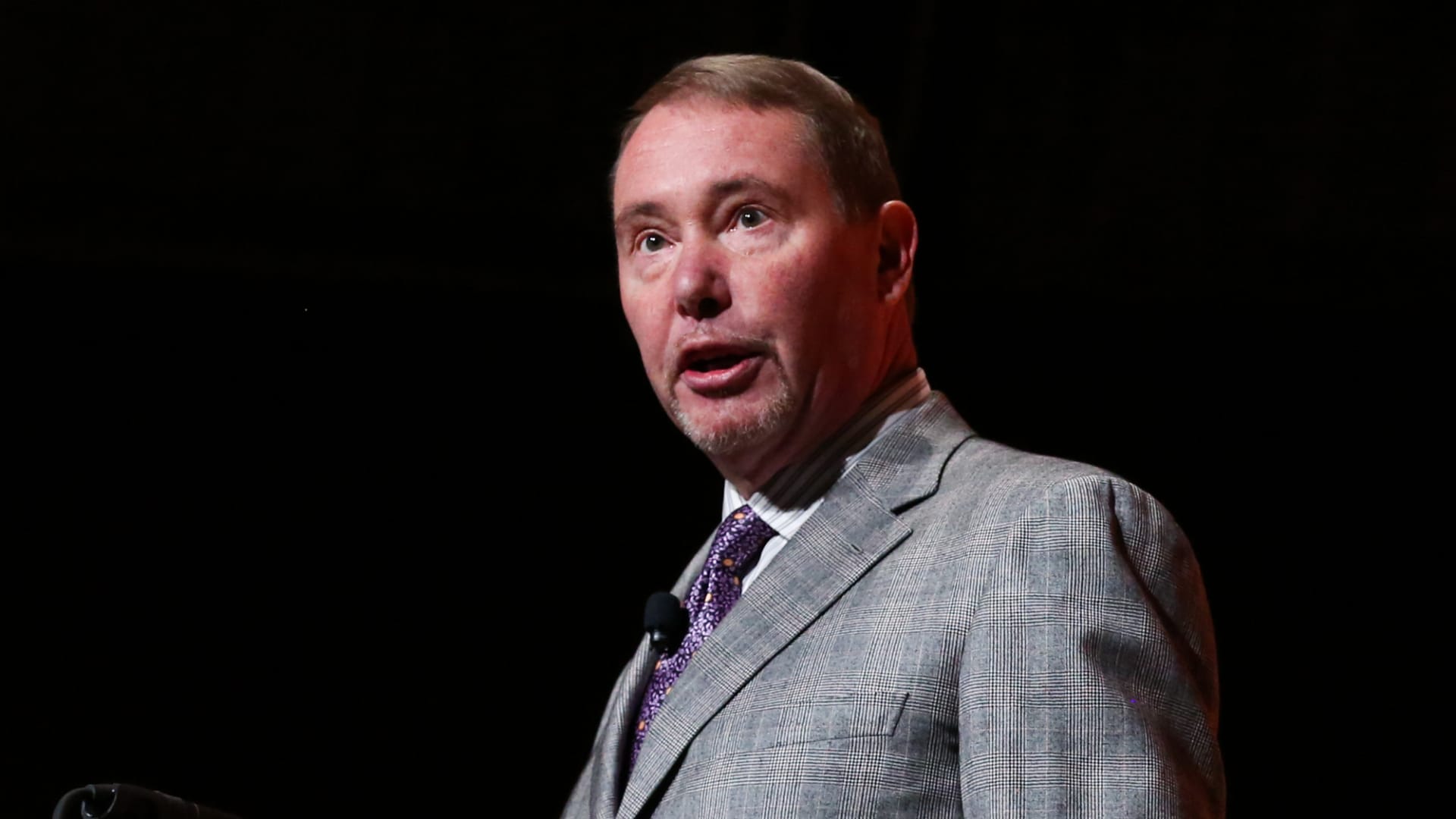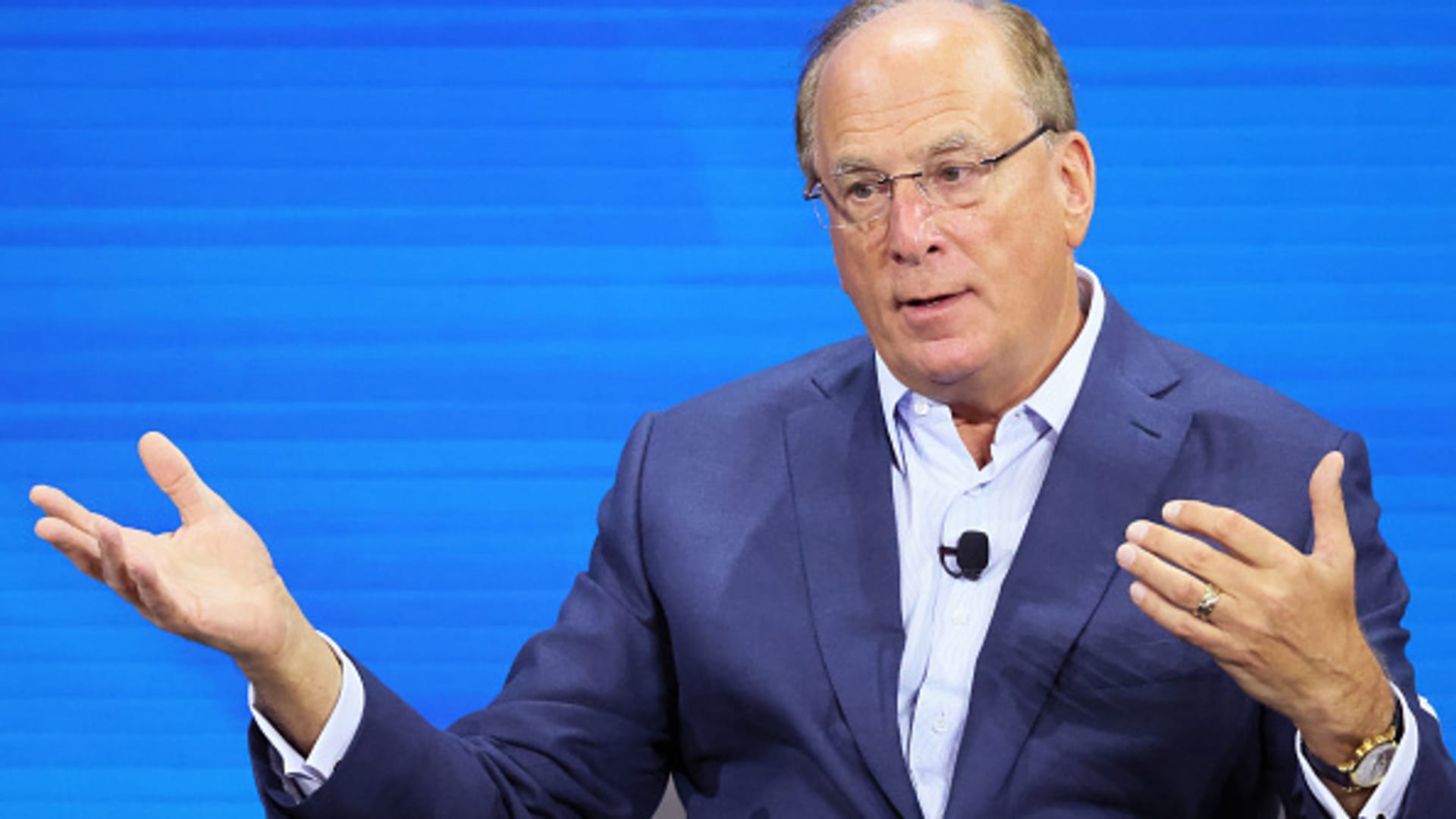Pictured here is a commercial residential property under construction on March 20, 2024, in Nanning, capital of the Guangxi Zhuang autonomous region in south China.
Future Publishing | Future Publishing | Getty Images
BEIJING — China’s fiscal stimulus is losing its effectiveness and is more of a strategy to buy time for industrial and consumption policies, S&P Global Ratings senior analyst Yunbang Xu said in a report Thursday.
The analysis used growth in government spending to measure fiscal stimulus.
“In our view, fiscal stimulus is a buy-time strategy that could have some longer-term benefits, if projects are focused on reviving consumption or industrial upgrades that increase value-add,” Xu said.
China has set a target of around 5% GDP growth this year, a goal many analysts have said is ambitious given the level of announced stimulus. The head of the top economic planning agency said in March that China would “strengthen macroeconomic policies” and increase coordination among fiscal, monetary, employment, industrial and regional policies.
High debt levels limit how much fiscal stimulus a local government can undertake, regardless of whether a city is considered a high or low-income region, the S&P report said.
Public debt as a share of GDP can range from around 20% for the high-income city of Shenzhen, to 140% for the far smaller, low-income city of Bazhong in southwestern Sichuan province, the report said.
“Given fiscal constraints and diminishing effectiveness, we expect local governments will focus on reducing red tape and taking other measures to improve business environments and support long-term growth and living standards,” S&P’s Xu said.
“Investment is less effective amid [the] drastic property sector slowdown,” Xu added.
Fixed asset investment for the year so far picked up pace in March versus the first two months of the year, thanks to an acceleration of investment in manufacturing, according to official data released this week. Investment in infrastructure slowed its growth, while that into real estate dropped further.
The Chinese government earlier this year announced plans to bolster domestic demand with subsidies and other incentives for equipment upgrades and consumer product trade-ins. The measures are officially expected to create well over 5 trillion yuan ($704.23 billion) in annual spending on equipment.
Officials told reporters last week that on the fiscal front, the central government would provide “strong support” for such upgrades.
S&P found that local governments’ fiscal stimulus has generally been bigger and more effective in richer cities, based on data from 2020 to 2022.
“Higher-income cities have a lead because they are less vulnerable to declines in property markets, have stronger industrial bases, and their consumption is more resilient in downturns,” Xu said in the report. “Industry, consumption and investment will remain the key growth drivers going forward.”
“Higher-tech sectors will continue to drive China’s industrial upgrade and anchor long-term economic growth,” Xu said. “That said, overcapacity in some sectors could spark price pain in the near term.”

 Personal Finance1 week ago
Personal Finance1 week ago
 Economics1 week ago
Economics1 week ago
 Economics1 week ago
Economics1 week ago
 Economics4 days ago
Economics4 days ago
 Finance4 days ago
Finance4 days ago
 Economics4 days ago
Economics4 days ago
 Economics4 days ago
Economics4 days ago
 Finance3 days ago
Finance3 days ago










